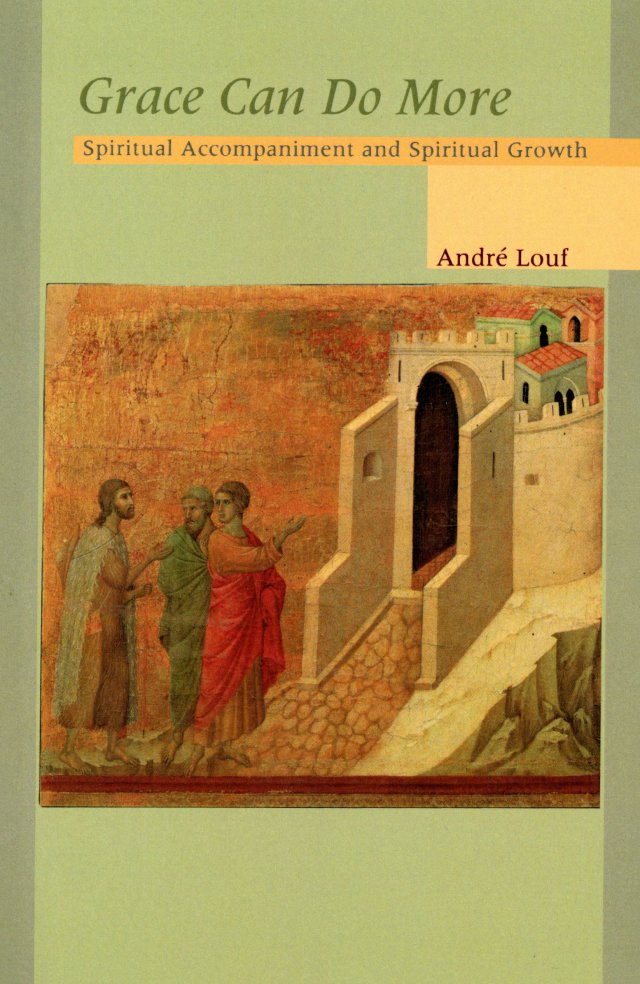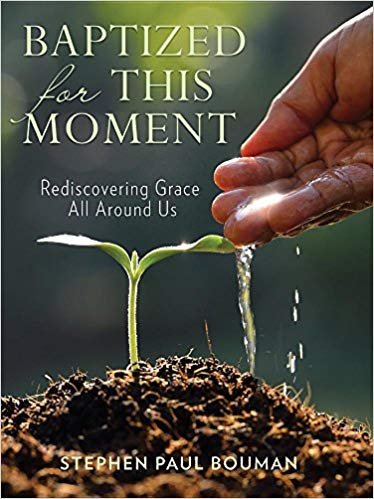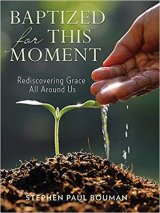In Baptized for this Moment: Rediscovering Grace All Around Us, Stephen Bouman explores how congregations may best respond to the many public crises that confront us today—mass shootings, terrorist attacks, hurricanes, flood, wildfires, tornadoes, even the debilitating effects of chronic and deep-rooted problems like racism and community violence. He describes in practical detail the ways congregations can create spaces to lament, develop living liturgies, build public mission tables, and engage with others in discovering the transformative power of grace all around us.
Everyone who draws breath has ground zeros in their lives. A nine year-old Syrian refugee lies alone, dead on a beach. The whole world turns toward this image in horror, becomes the narrator of this lamentable tragedy. Then terror in Paris, San Bernardino, Brussels, Orlando, Nice… More lamentation, tragedy, fear. How easily our lamentation may turn to anger, to xenophobia, to talk of walls, to racial and religious profiling. The public space for building a house for sorrow, for lament, gone. Consider how quickly we left that Syrian boy and the grief of his family alone on the beach.
And yet, the church is constantly called to that space, as we are called to persevere in Hebrews 10: 24-25: “Let us consider how to provoke one another to love and good deeds, not neglecting to meet together, as is the habit of some, but encouraging one another.” We are called to continue to ask one another how we are doing in those places where sorrow has had its way. When tragedy strikes in any form, let us pick up our lives and move forward into God’s future. We Christians cannot avert our eyes from desolation, nor let the short attention span of today’s culture move us on too quickly from the small and large disasters that traumatize our fragile world….
Our lamentations are not the isolation and depression of wounded entitlement or private grief, but the community at the foot of the cross moving outward in solidarity and love toward the sorrow of the world…. Here must be the first response of the Church in the face of any of the tragedies we now find afflicting us: Show up. Listen. Tell stories. Pray. Here is the promise of Joel: lamentation enables true worshipfulness. “I am sending you grain, wine, and oil, and you will be satisfied” (2:19). Not now. Not yet in our time of lamentations. But it will come.













